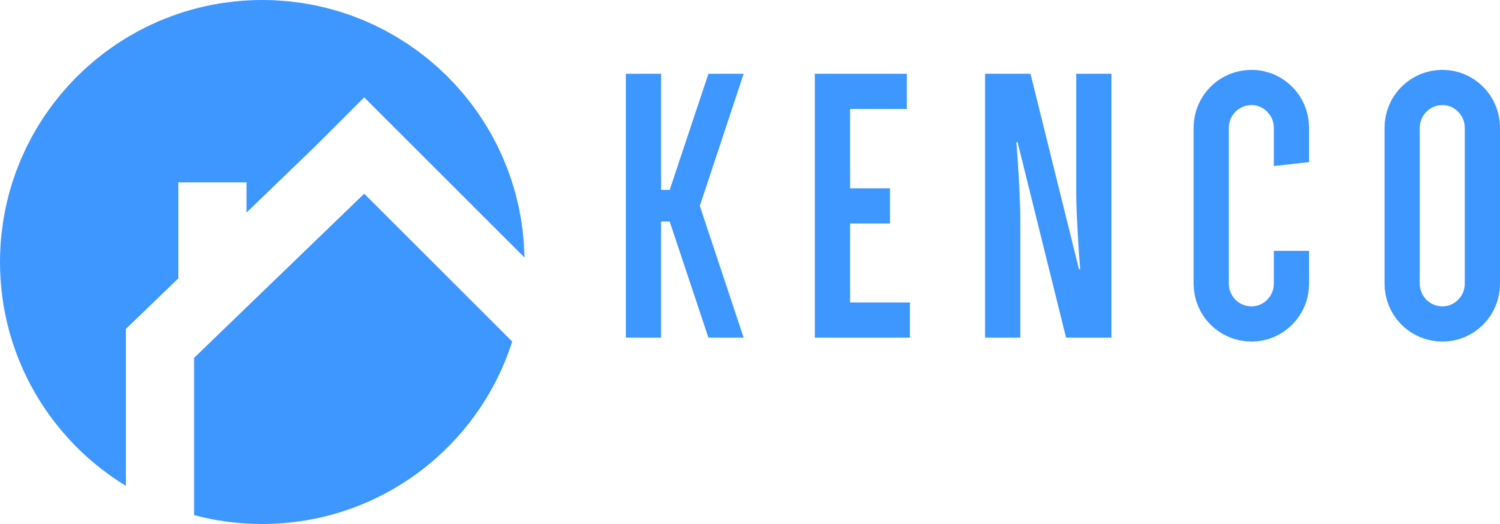What Are Ancillary Home Inspections?
Most people understand how a home inspection fits into owning or buying a home. A full home inspection is the type of inspection a seller or buyer schedules as part of the real estate transaction to identify the current condition of the home.
However, a full home inspection doesn’t cover everything on the property. Certain elements require a specialized or in-depth inspection. This is where ancillary inspections come in.
What Is An Ancillary Inspection?
An ancillary inspection is a specialized inspection by a professional trained to evaluate a specific element of the property. An ancillary inspection provides a more complete view of the condition of that part of the property.
Ancillary inspections allow the inspector to report on any problems or needed repairs or replacement of the feature or element. Often ancillary inspections are needed for higher value or health-related parts of a home.
Do You Need an Ancillary Inspection?
Kenco Home Inspections offers both full home inspections and ancillary inspections. You may schedule an ancillary home inspection to address concerns you, your real estate agent, or your insurance company may have. Also, during a full home inspection, our trusted inspectors may recommend an ancillary inspection.
For example, if our inspectors see signs of mold, they may recommend a mold inspection. Radon testing and air quality testing are also important to protect your family. The presence of mold, radon or poor air quality negatively impacts health. Not only can these harmful elements lead to decreased property values, but they can also cause lasting health problems.
It’s typically a good idea to schedule a specialized inspection for homes with pools or docks before you purchase a property. Also, secondary structures like barns, storage buildings, or pool houses require an ancillary inspection.
Protect your family, home, and investment with the right ancillary inspection for your property.
Who Pays for An Ancillary Inspection?
Like with a traditional home inspection, the person who schedules the inspection pays. If a seller schedules an inspection prior to listing the home, they cover the costs. Sometimes a seller wants to know what repairs they need.
If a buyer schedules a specialized inspection, then they pay for the inspection. However, if a costly issue is discovered during the inspection, paying for the inspection is worthwhile. For example, if a septic system doesn’t work properly, it’s much better to know that before you purchase a property. Then, you can request repairs from the seller, walk away from the deal, or ensure you have money budgeted to make the repairs.
Types of Ancillary Inspections
Mold Inspections
Thermal Inspection
Termite Inspections
Septic Inspections
Roof Inspections
Radon Testing
Secondary Structures
Air Quality Inspections
Sprinkler System Inspections
Water Quality Inspections
Boatlift Inspections
Seawall Connection
Pool and Spa Inspections
Foundation Certifications for Mobile Homes
Protect Your Interests
The bottom line is that ancillary inspections protect your interests and give you a better picture of the home you plan to purchase. Get the information you need to make a wise and informed decision.
Contact Kenco Home Inspections. We’re always happy to answer your questions about specific types of inspections. Call us today to schedule an inspection.
